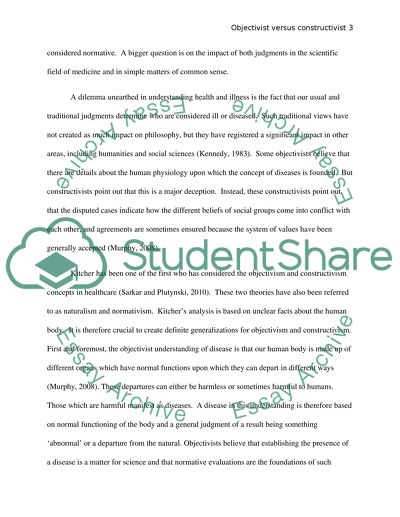Cite this document
(“Healthcare Essay Example | Topics and Well Written Essays - 2000 words”, n.d.)
Retrieved from https://studentshare.org/philosophy/1423028-healthcare
Retrieved from https://studentshare.org/philosophy/1423028-healthcare
(Healthcare Essay Example | Topics and Well Written Essays - 2000 Words)
https://studentshare.org/philosophy/1423028-healthcare.
https://studentshare.org/philosophy/1423028-healthcare.
“Healthcare Essay Example | Topics and Well Written Essays - 2000 Words”, n.d. https://studentshare.org/philosophy/1423028-healthcare.


